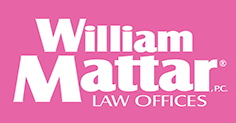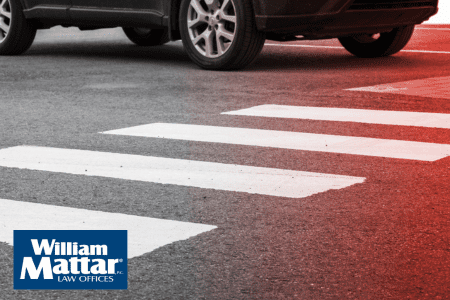

(844) - 444-4444

 If you want to obtain a NY motorcycle license, the first step in the process is to apply for a learner permit. Once you have your permit, you’ll be able to drive your motorcycle and gain the skills and confidence you need. If you already have a license to operate a car or passenger truck, you’ll find that the motorcycle learner permit process is similar.
If you want to obtain a NY motorcycle license, the first step in the process is to apply for a learner permit. Once you have your permit, you’ll be able to drive your motorcycle and gain the skills and confidence you need. If you already have a license to operate a car or passenger truck, you’ll find that the motorcycle learner permit process is similar.
According to the New York Department of Motor Vehicles (DMV), to get a motorcycle learner permit, you will need to satisfy specific requirements, including:
Applicants have the option to complete both of these steps online or at a local DMV office. To apply, you will need documents to prove age, identity, and residence.
The permit test takes roughly 30 to 40 minutes to complete and can be taken immediately after applying for a permit.
If you are under 18, you will need a parent or guardian to supervise the test.
After passing a written exam and complying with other requirements, the DMV may issue a motorcycle permit.
When you complete the learner permit application, you will need to show documents that confirm:
If you’re a resident of another state, you’ll need to apply for a permit in that state.
Before you take your written permit test, you should carefully review the NY State Motorcycle Operator’s Manual. Once you pass the test, the state will issue you your learner permit.
If you fail the written permit test, don’t worry! You can take the test again.
This is an exciting time. Once you have your learner permit, you can hit the road and practice your motorcycle skills. However, a learner permit doesn’t grant you unlimited freedom to ride when and where you choose. There are rules that new permit holders must abide by.
Motorcycle permit restrictions may change at any time, so make sure you understand and read the information that the NY DMV provides.
The point of a learner permit is to gain experience before you take the road test. There are three important ways you can prepare.
When you meet all of the permit requirements and know how to prepare to ride a motorcycle, you can schedule your motorcycle road test.
Motorcycle riding offers a sense of freedom and adventure, but it also comes with some risks. Unlike other passenger vehicles, motorcyclists aren’t protected by a metal cage. In an accident, you have a greater chance of sustaining a serious injury. All permit holders should be familiar with what to do after a motorcycle accident.
If you are injured in a motorcycle accident the motorcycle accident lawyers at William Mattar, P.C. can help. We can advocate on your behalf to help you achieve maximum compensation.
We answer our phones 24/7, so give us a call at (844) 444-4444 or contact us online.





